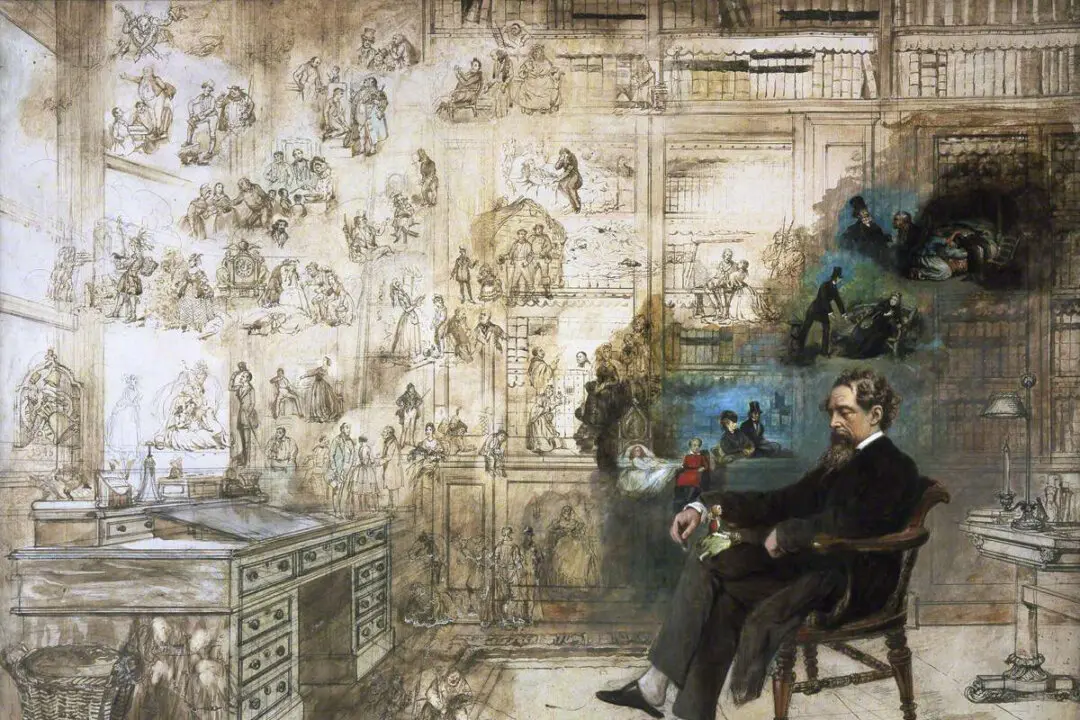Frequently, salesmen provoke a customer’s fears: “Get it, before it’s too late!” In doing so, they demand an immediate response to override the customer’s common sense. Herman Melville wrote about this fear tactic in his short story “The Lightning-Rod Man.” Moreover, he highlighted the conditions necessary to overcome such demands.
Unideal Conditions
One night in the Acroceraunian hills, a man inside his house marvels at the storm raging outside. Thunder booms all around and brilliant lightning brightens the sky.While contemplating the storm, he suddenly hears a knock on the door.






